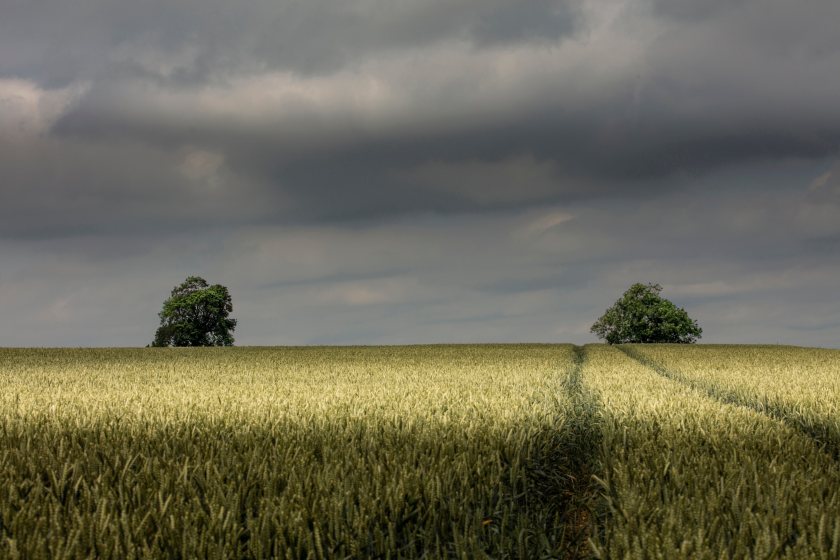
Arable farmers are facing a 'big hit' to profits this year following six months of exceptionally wet weather and falling BPS rates, new figures show.
The forecast net margin – which is the equivalent of profit before rent and finance – for an average-performing combinable crops business for harvest 2024 has fallen to £80/ha.
This is 60% lower than in 2023, which itself was a year in which net margins dropped significantly on the previous couple of years because of high input costs.
Although variable costs have fallen this year, mainly due to lower fertiliser prices, income from crop sales is forecast to be down on 2023 levels due to expected lower yields.
The figures are part of Strutt & Parker's revised harvest 2024 and 2025 profitability forecasts to show the financial impact of wet weather, changes in commodity prices and the phasing out of BPS in England.
The analysis assumes growers have managed to drill spring crops on any unplanted winter crop area, but in some areas even this has proved impossible.
Jonathan Armitage, head of farming for Strutt & Parker, said the impact of the weather had been felt everywhere.
"Some areas are clearly worse affected than others and different soil types will also have an impact, so in that sense farm profitability is somewhat of a postcode lottery," he said.
“Even when applying this ‘best case’ scenario, our analysis points to worryingly low net margins for an average-performing farm for harvest 2024, considering the level of risk involved."
Strutt & Parker's estimated net margin for a higher-performing combinable crops business is much higher at £271/ha – based on the assumption that they will achieve higher yields and with lower fixed costs than the average business.
However, this figure is still significantly lower than the company's 2021 baseline, when the net margin was £622/ha.
Assuming that crop rotations and yields return to more normal levels for harvest 2025, then the net margin is forecast to rise to £214/ha for an average-performing farm and £449/ha for a higher-performing farm.
Mr Armitage noted that research frequently points to the top-performing businesses being led by, and employing, people who have a mindset open to change and an attention to detail.
“This message is more important than ever in this business environment," he explained.
"So too is actively managing risk which is a way for growers to put themselves in the driving seats of their businesses and protect themselves from the worst effects of extreme volatility.”
